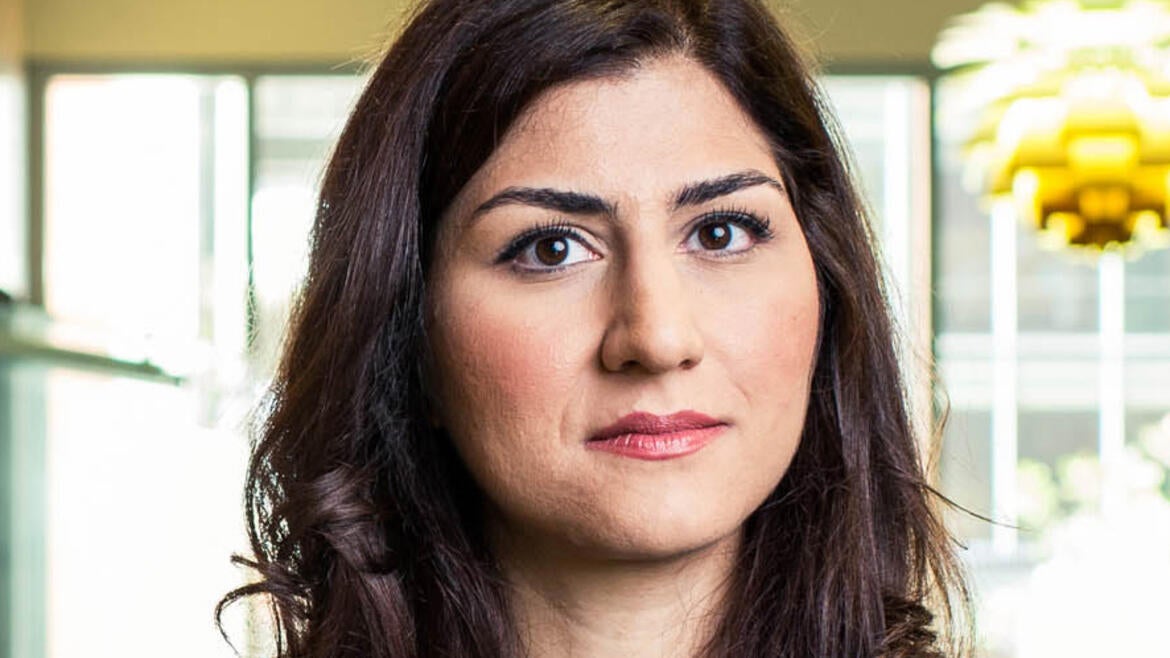Colloquium Speaker: Maryam M. Shanechi; Assistant Professor, Viterbi Early Career Chair, Department of Electrical Engineering, University of Southern California

Neural Decoding and Control of Mood to Treat Neuropsychiatric Disorders
Abstract: In this talk, I first discuss our recent work on modelling, decoding, and controlling multisite human brain activity underlying mood states. I present a multiscale dynamical modelling framework that allows us, for the first time, to decode mood variations and identify brain sites that are most predictive of mood. I then develop a system-identification approach to characterize brain network dynamics (output) in response to electrical stimulation (input) and enable closed-loop control of brain activity. Finally, I demonstrate that our multiscale framework can identify a unified low-dimensional latent state from hybrid spike-field activity in monkeys, allowing it to combine information from multiple scales of activity and model their different time-scales and statistical profiles. These models, decoders, and controllers could facilitate future closed-loop therapies for neurological and neuropsychiatric disorders and help probe neural circuits.
Biography: Maryam M. Shanechi is Assistant Professor and Viterbi Early Career Chair in Electrical Engineering at the Viterbi School of Engineering, University of Southern California (USC). She is also a faculty member at the Neuroscience Graduate Program at USC. Prior to joining USC, she was Assistant Professor at Cornell University’s School of Electrical and Computer Engineering. She received her B.A.Sc. degree in Engineering Science from the University of Toronto in 2004 and her S.M. and Ph.D. degrees in Electrical Engineering and Computer Science from MIT in 2006 and 2011, respectively. She held postdoctoral positions at Harvard Medical School and at UC Berkeley from 2011-2013. She directs the Neural Systems Engineering Lab at USC. Her research is focused on developing closed-loop neurotechnologies through mathematical decoding and control of brain networks to treat neurological and neuropsychiatric disorders. She is the recipient of various awards including the NSF CAREER Award, the MIT Technology Review’s top 35 innovators under the age of 35 (TR35), the Popular Science Brilliant 10, an ARO multidisciplinary university research initiative (MURI) award, and the ONR Young investigator award.